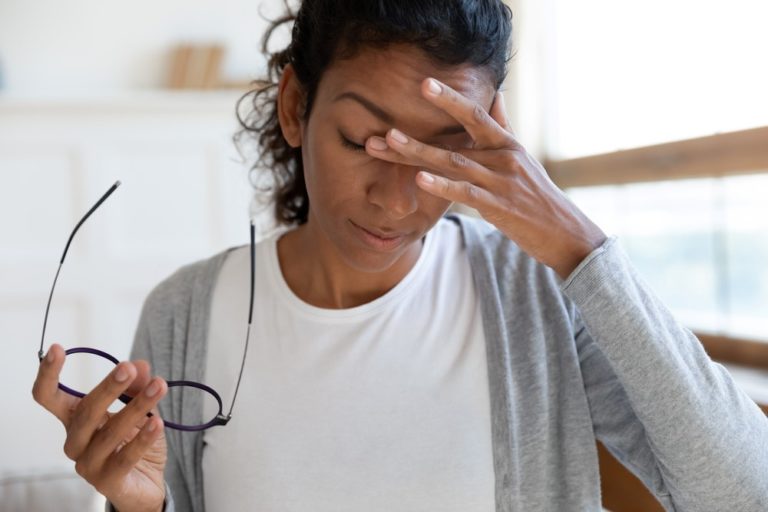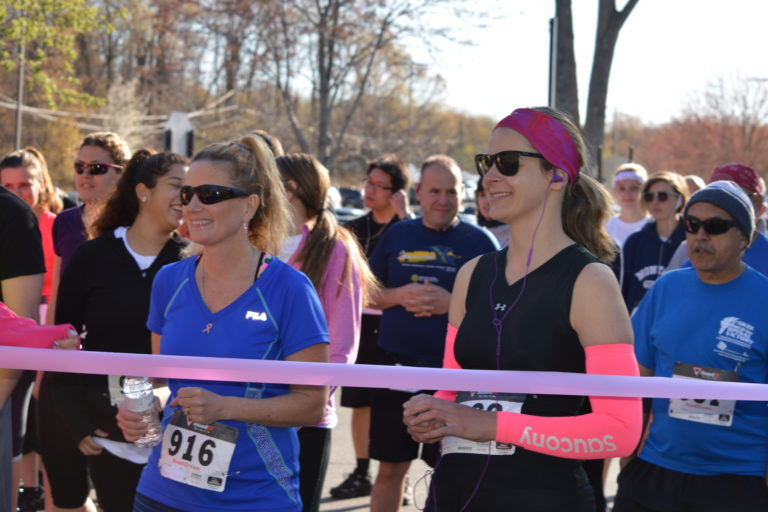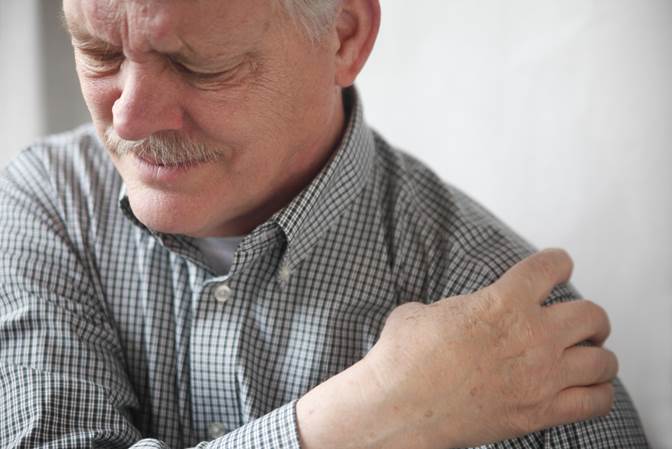Reclaim your comfort and confidence with our Pelvic Floor Rehabilitation Program. There are many causes for pelvic floor dysfunction and pain, including issues related to pregnancy and childbirth, aging, obesity, chronic constipation, heavy lifting, and nerve damage. Traumatic injuries, psychological issues like stress and anxiety, and even genetic predisposition can also contribute to this issue.
Our treatment approach focuses on retraining pelvic floor muscles to restore function and reduce discomfort. This may include bladder and bowel retraining, modifying sexual positioning, and the use of dilators. In addition, we offer biofeedback, pelvic and core muscle strengthening, pelvic floor muscle relaxation and stretching techniques and soft tissue mobilization techniques.
Conditions we treat:
- Chronic constipation due to pelvic floor dysfunction
- Coccydynia – Pain in the tailbone area
- Endometriosis – a disease in which tissue similar to the lining of the uterus grows outside the uterus. It can cause severe pain in the pelvis and make it harder to get pregnant
- Interstitial cystitis/painful bladder syndrome
- Pelvic floor dysfunction – a condition where the muscles and ligaments supporting the pelvic organs are impaired
- Pelvic pain
- Dyspareunia – Pain during sexual intercourse
- Vaginismus – When the vagina suddenly tightens up when you try to insert something into it
- Vulvodynia/Vulvar vestibulitis – Related but distinct conditions that cause chronic vulvar pain
- Post radiation pelvic pain
- Pregnancy and postpartum conditions
- Abdominal/perineal scars
- Diastasis recti – a condition where the two long muscles of the abdomen, the rectus abdominis, separate along the midline
- Low back/SI/groin/pubic pain
- Prolapse – Occurs when an organ shifts out of its normal position within the body due to weak or damaged muscles and tissues that support the organs
- Pubic symphysis dysfunction – Refers to pain in the pubic symphysis joint, which is located between the two pubic bones at the front of the pelvis
- Urinary incontinence – The loss of bladder control
- Urinary urgency/frequency and fecal incontinence/urgency






